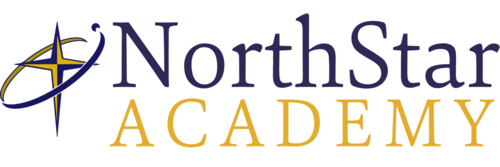Availability: Semester 1, Semester 2
Credits: 5
Level: Introductory
Prerequisites: None
Materials & Resources:
Families must purchase recipe ingredients and have basic cooking and baking supplies. Students are given the freedom to choose which recipe they would like to use for each of the lab requirements. Photos of lab work will be required.
Course Description & Modules:
Food Basics 1010
This module is the prerequisite for all other Foods Modules. Students learn safe and sanitary food handling procedures, equipment care, comprehension of recipes and the importance of efficient work habits. This is a theory based module.
Contemporary Baking 1020
Students develop and demonstrate an understanding of traditional and contemporary baking focusing on basic measuring techniques, preparation methods, role of ingredients and the proper use of equipment for baked goods. This module has both theory and lab work. Labs include: cakes, cookies, scones, muffins, cultural baking of choice.
Snacks & Appetizers 1030
Students apply the importance of snacks and appetizers related to lifestyle, by making nutritious, as well as delicious, snacks and appetizers. This module has both theory and lab work. Labs include preparing a smoothie, a favourite, and three other snacks or appies (grain based, meat based, fruit or veggie based).
Meal Planning 1040
Students develop an understanding of planning, preparation and evaluation of balanced healthy meals. This module has both theory and lab work. Labs include: breakfast, lunch & dinner.
Canadian Heritage 1060
Students become aware of how food in Canada today reflects the country’s history and origins by examining food patterns and customs, and by analyzing and preparing ethnic foods. This module has both theory and lab work. Labs include: Bannock, an Indigenous themed meal, and a region of Canada meal.
Optional 6th Credit - FOD 1910 Project A
Students design a foods lab project that connects a minimum of two Foods 10 modules that you have completed.
Forecasted amount of time to complete a week’s lessons:
2-3 hours
Description of student evaluations, quizzes and tests:
Each Module has its own assignment weighting, which is identified in Moodle.
